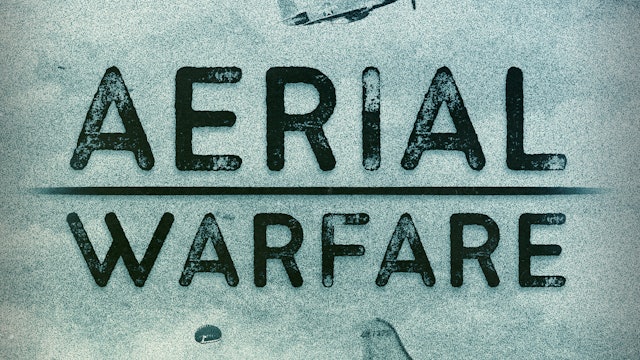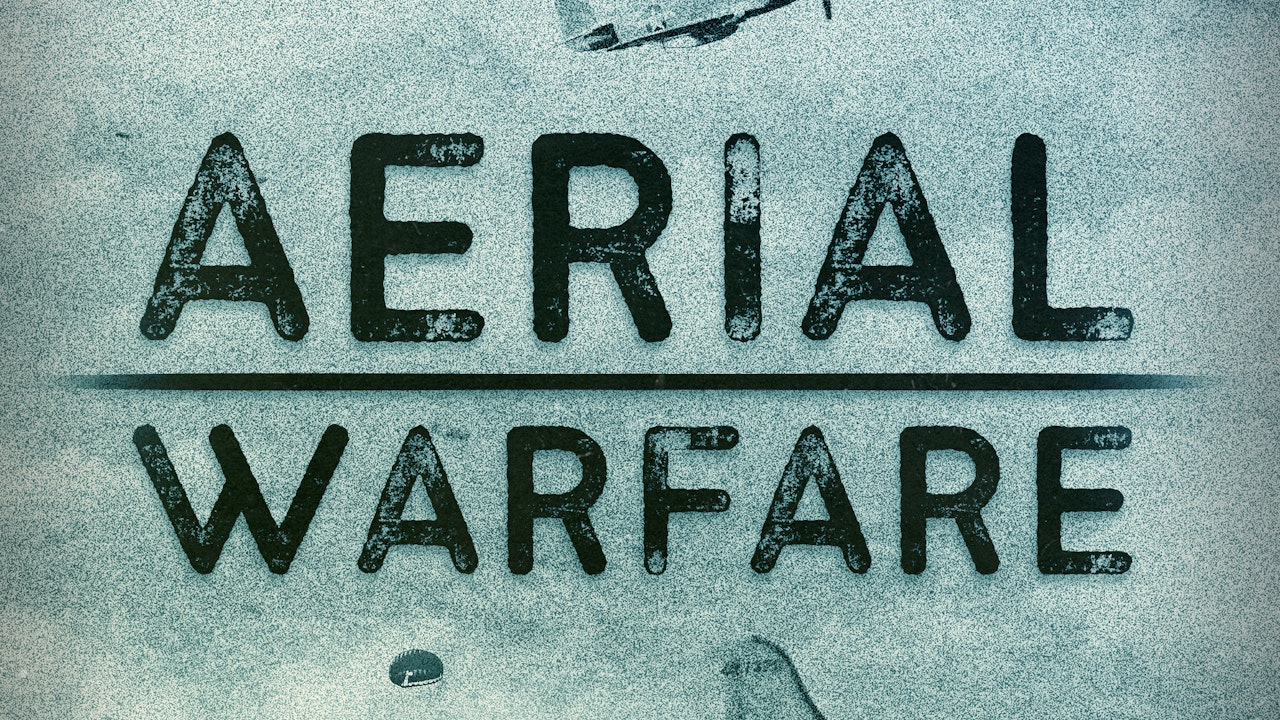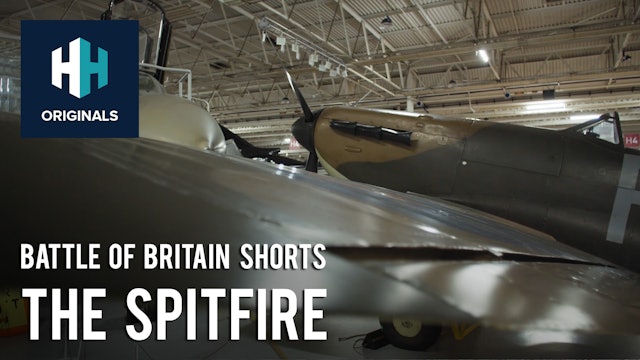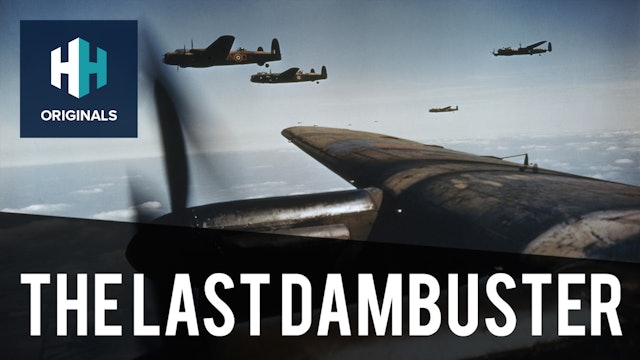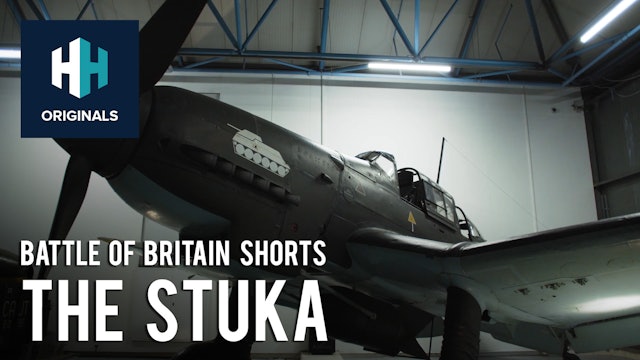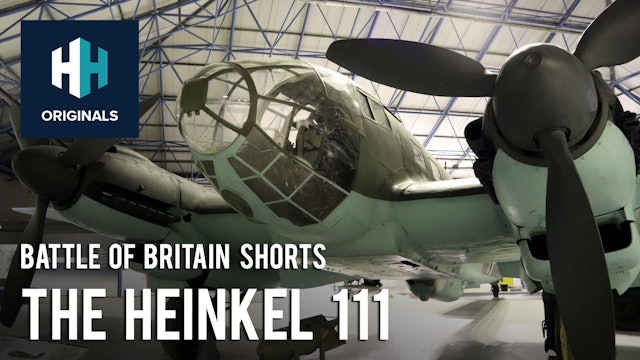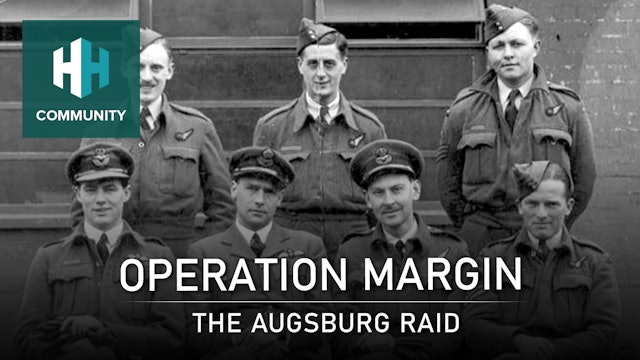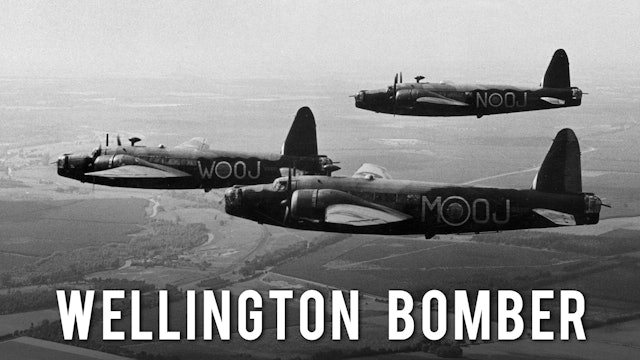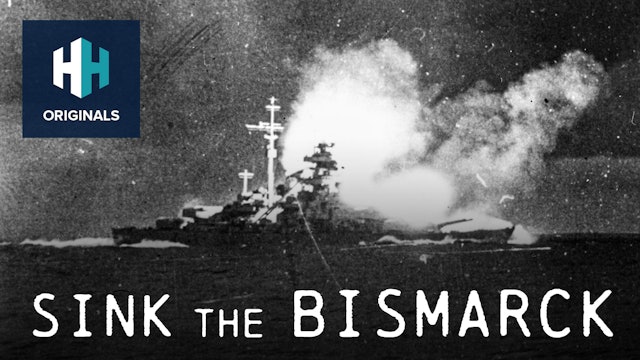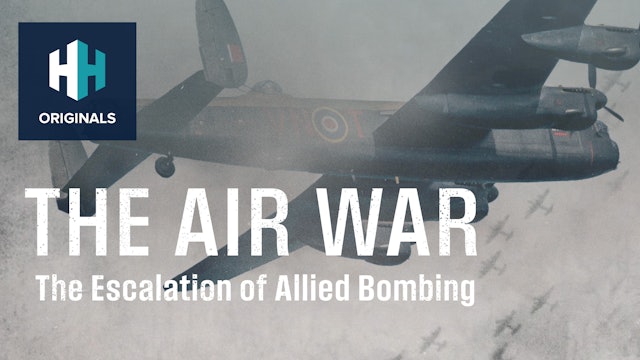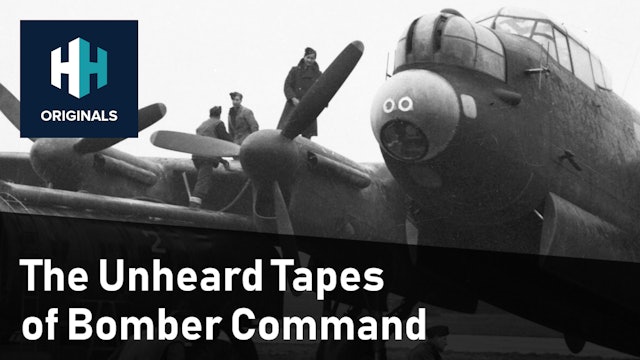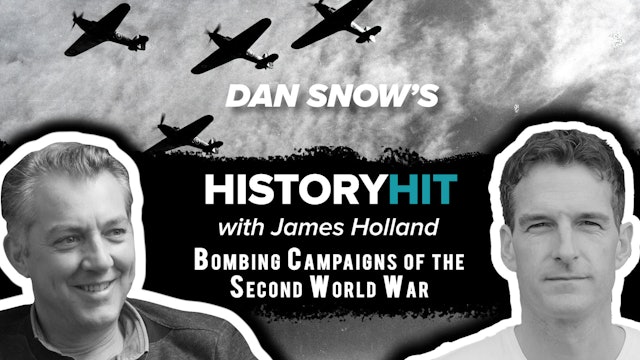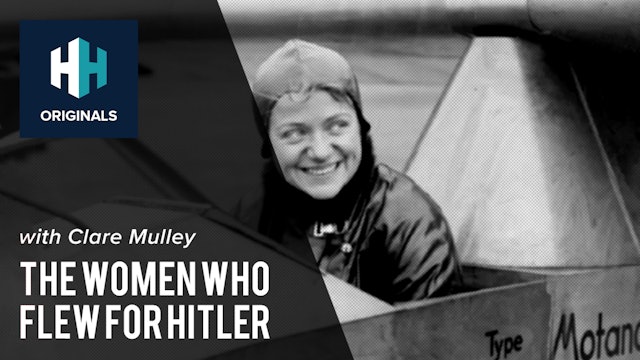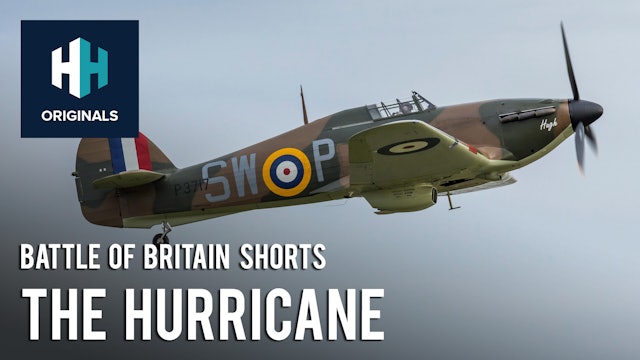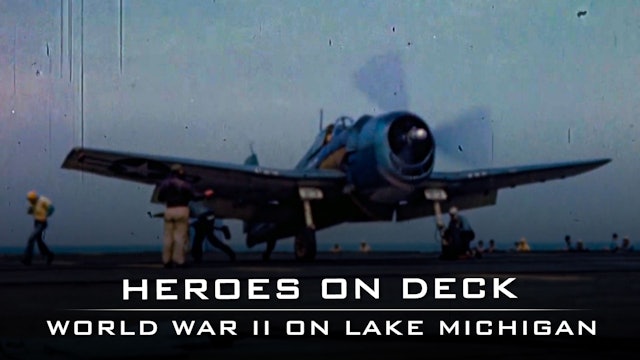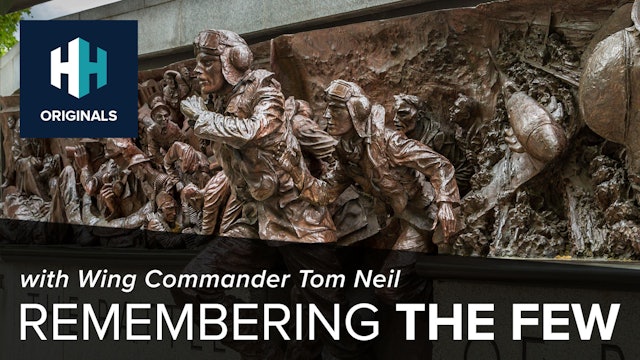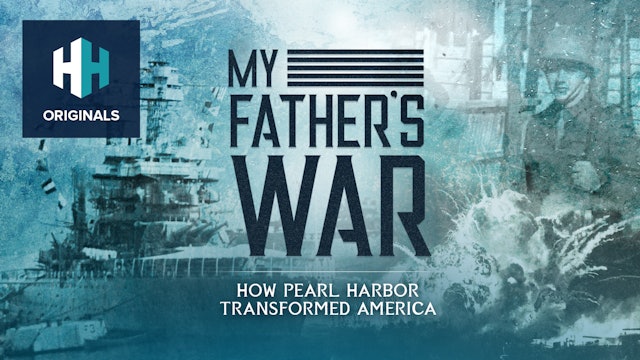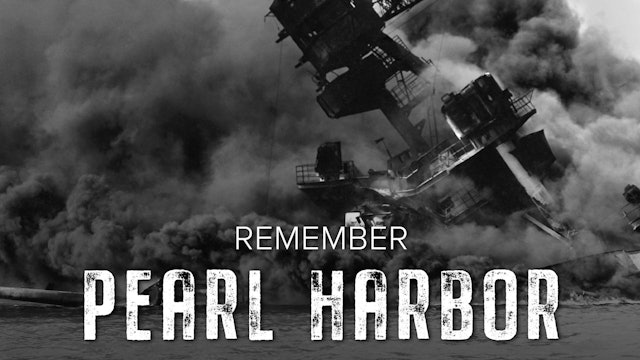-
The Spitfire
The Spitfire remains one of the most iconic aircraft of the Second World War. Although their turnaround time was longer than the Hurricane (29 minutes), they were faster. This made them a good match for the Messerschmitt bf 109s. In an attack on a German formation, the Hurricanes would focus thei...
-
The Last Dambuster
Of all the air raids carried out during World War Two, none are as enduringly famous as the attack by Lancaster Bombers against the dams of Germany’s industrial heartland. Commemorated in literature and film throughout the decades, the mission – which was codenamed Operation ‘Chastise’ – has come...
-
The Stuka
More famously known as the ‘Stuka’, the Ju 87 is perhaps the most recognisable dive bomber of the Second World War, made famous by its infamous Jericho trumpet. During the Battle of Britain, squadrons of Stukas gained some success destroying ground targets. On 13 August 1940 – Eagle Day – Stukas ...
-
The Heinkel He 111
The Heinkel He 111 was the most numerous bomber which the Luftwaffe deployed during the Battle of Britain. It was capable of storing and delivering large bombs (250kg) and had state-of-the-art gyroscopic sights to improve its accuracy. The He 111 was protected armour plating and self-sealing fuel...
-
Operation Margin: The Augsburg Raid
In April 1942 the Second World War hung in the balance. Nazi Germany had occupied most of Europe and its seemingly unstoppable armed forces were driving deeper and deeper into Russia and North Africa. To add to Allied worries, German U-Boats were threatening to cut off Britain’s supply lines in t...
-
The RAFs Forgotten Few: Bomber Command's Battle of Britain
James Jefferies talks to us about Bomber Command in the Battle of Britain. The narrative of the Battle of Britain has frequently been one of Britain under siege which is often defined by a handful of fighter pilots of the RAF, known as ‘the few’, defending the skies over Britain. However, the Ba...
-
The Darkest Moonlit Night: The Nuremburg Raid of 1944
In this talk historian James Jefferies details the tragic story of RAF Bomber Command's raid on Nuremberg on the 30/31 March 1944. James discusses the raid's story and looks at the tactics used by the RAF and Luftwaffe before looking at the raids legacy and aftermath.
This talk took place on 7th...
-
Wellington Bomber
Archival footage and interviews with Flt. Lt. Rupert "Tiny" Cooling distinguish this fascinating documentary special on the preeminent British bomber of the Second World War: the Wellington.
-
Sink the Bismarck
After the devastating loss of HMS Hood, the Royal Navy became solely focused on one objective, sinking the Bismarck. The flagship of the German Kriegsmarine had not survived completely unscathed from the initial exchange with the Hood and HMS Prince of Wales. It had suffered one blow. A shell had...
-
The Air War: The Escalation of Allied Bombing
During the Second World War a storm of fire and steel was unleashed. Not just on front line troops, but on enemy society itself. All sides in the Second World War believed that aerial bombardment could decisively affect the strategic outcome of the conflict. But did the unprecedented onslaught fr...
-
The Unheard Tapes of Bomber Command
Over 55,500 men died flying with Bomber Command during World War Two; more than the number who serve in the Royal Air Force today. Flying at night over occupied Europe and battling German night fighters, anti-aircraft fire and mid-air collisions, they showed astonishing courage and resilience in ...
-
Bombing Campaigns of the Second World War
75 years ago, in the spring of 1945, the aerial assault on Germany was reaching a crescendo as city after city was devastated by British and American bomber fleets. James Holland, leading World War Two historian and bestselling author, joins Dan Snow on the podcast to talk about why and how the b...
-
The Women Who Flew For Hitler
Hanna Reitsch and Melitta von Stauffenberg were two talented, courageous, and strikingly attractive women who fought convention to become the only female test pilots in Hitler’s Germany – eventually being awarded the Iron Cross for their services to the Luftwaffe. Both were brilliant pilots, both...
-
The Hurricane
Hawker Hurricanes accounted for 60% of German losses in the battle of Britain. They were the most numerous fighter aircraft which the RAF deployed, partly owing to their rapid turn-around time (it took them only 9 minutes to be refuelled and re-armed). Dan Snow provides an overview of the 'workho...
-
Heroes on Deck: World War Two on Lake Michigan
Between 1943 and 1945, two U.S. Navy aircraft carriers, USS Wolverine and USS Sable, stationed at Navy Pier in Chicago functioned as a training platform for about 17,000 pilots, signal officers and other personnel. Former U.S. President, George H.W. Bush was among the pilots who learned to take o...
-
Australia's Pearl Harbor: The Bombing of Darwin
In February 1942, the Second World War came to Australia. The same Japanese fleet that had attacked Pearl Harbor only ten weeks before had set its sights on a new target. The harbour town of Darwin. In two separate attacks on February 19 1942, nearly 250 Japanese aircraft wreaked havoc on the lig...
-
F-35 Simulator
The F-35 is the latest plane to join the ranks of the RAF. What is so special about it is that it is a single-seat, single-engine fighter aircraft designed for many missions with advanced, integrated sensors built into every aircraft. Missions that were traditionally performed by small numbers of...
-
Remembering the Few with Wing Commander Tom Neil
Last summer, we were lucky enough to interview Wing Commander Tom Neil, one of the last of 'the Few' who fought in the Battle of Britain. During the Battle he shot down at least 13 enemy aircraft; he saw over half his squadron shot down within 5 minutes; he is also credited with the longest fligh...
-
My Father's War: How Pearl Harbor Transformed America
Join Don Wildman, as he discovers how Pearl Harbor transformed America and changed the lives of a whole generation of Americans, including his father's.
-
Remember Pearl Harbor
Narrated by Tom Selleck: Sunday, December 7, 1941 was a beautiful morning on the Hawaiian island of Oahu. A few sailors and soldiers were already up and playing a game of football near Pearl Harbor. Others were sleeping in their barracks or aboard ships after a late night of partying in Honolulu....

